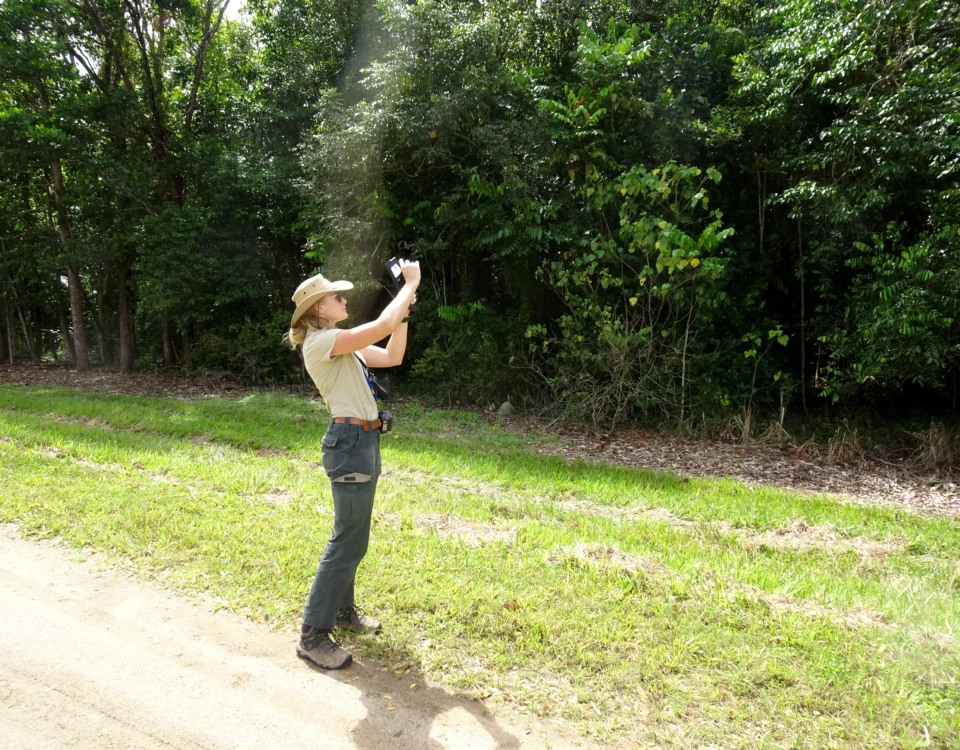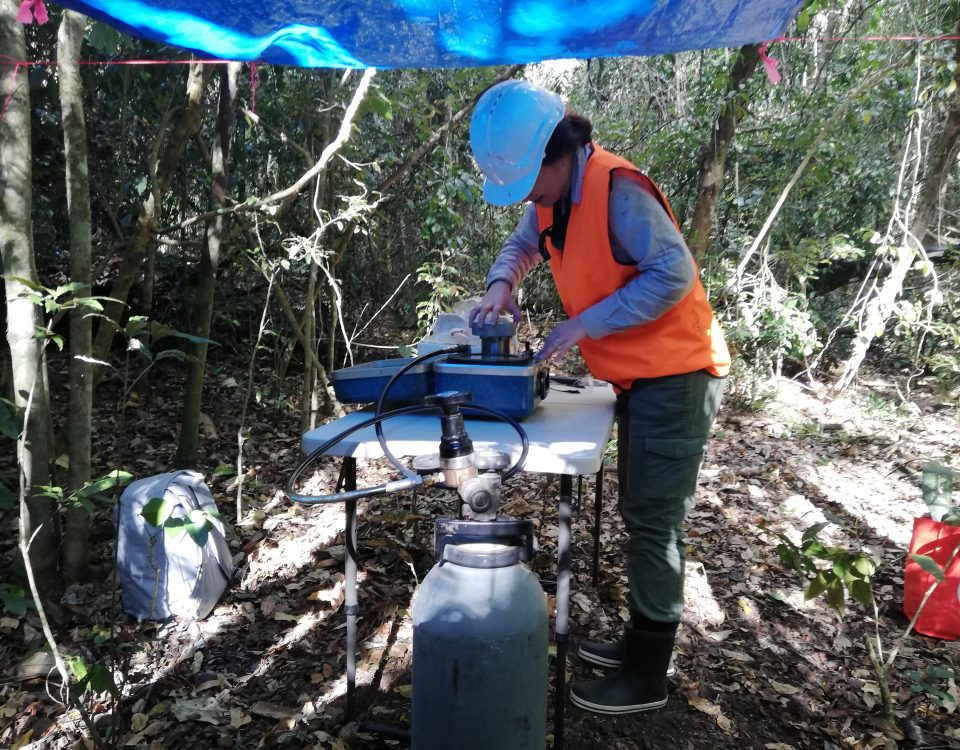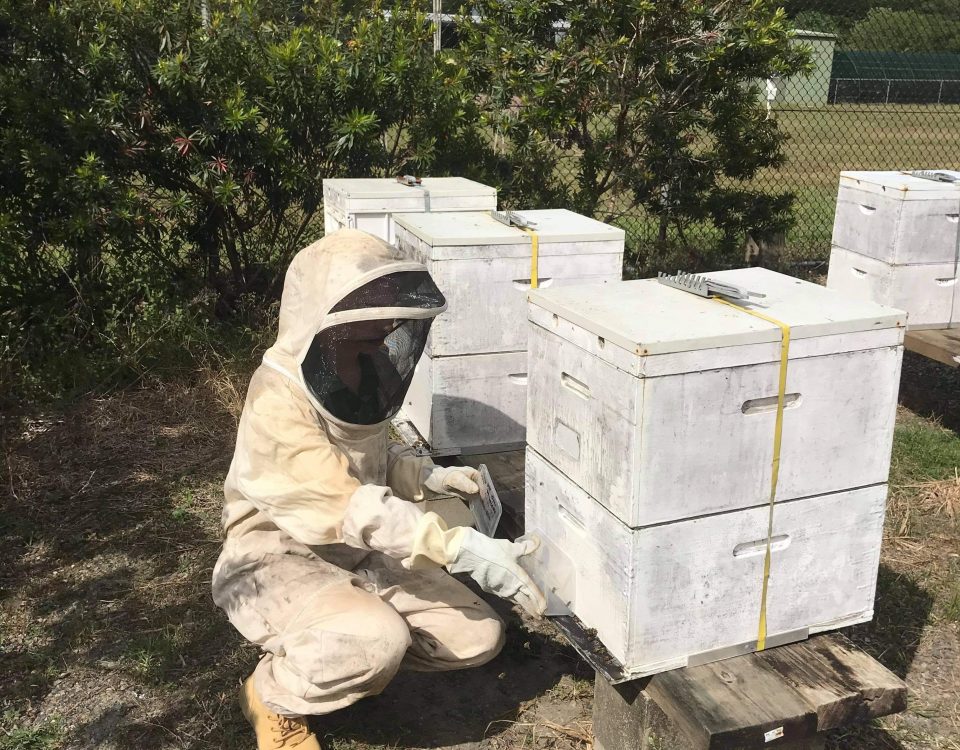info@skyrailfoundation.org
Funding to support student research that enhances the protection of tropical rainforests through better understanding and sustainable practices
Research funding opportunities for 2025 are now closed.
The Skyrail Rainforest Foundation offers funding to support student research that enhances the protection of tropical rainforests through better understanding and sustainable practices.
Objective for 2025: Research aimed to help inform the protection and management of the Wet Tropics Rainforest in a changing world.
PhD and Postdoctoral Grants
Funding Amount: Up to $21,000 per student
Term: 3 years
Masters and Honours Grants
Funding Amount: Up to $7,000 per student
Term: One-off payment

A Lumholtz's tree-kangaroo (Dendrolagus lumholtzi) rests high in a tree in Queensland rainforest.

Student Funding - 2025 | 26
Students that have received funding from the foundation are required to submit regular progress reports throughout their research.
This allows the committee the opportunity to keep up to date with the progression of all student projects.
For students currently completing research projects and that have received funding from the foundation, you are able to download the progress report form as well as the final report form for submission below.
The Skyrail Rainforest Foundation Cyclone Larry Project commenced in October 2006 and consisted of 10 separate projects. Research was primarily undertaken by the Tropical Landscapes Joint Venture, which is an alliance between James Cook University and the Commonwealth Scientific and Industrial Research Organisation. The project outcomes benefited rainforest communities worldwide, when they were published in the international ecology journal Austral Ecology in May of 2008.
Projects Funded in 2025
Jacinta Torrisi

Qiongbo Yu
Sarah Letters

Sophia Love

Matthew Connors
Holly Farnan

Sarah Beyer
Emmeline Norris

Skyrail Rainforest Foundation, Terrain NRM’s Natural Capital Fund, the Wet Tropics Management Authority and Queensland Parks and Wildlife Service have joined forces to create the Wet Tropics Cooperative Research Partnership.
Wet Tropics Cooperative Research Partnership
$40,000 Indigenous Research Grant Awarded.
The first indigenous research grant has been awarded through a new Wet Tropics partnership, formed to improve land and water management in the Far North.
The partnership has awarded a $40,000 grant to CQ University for researchers to work with traditional owners and others in the Atherton Tablelands region.
CQ University Professor of Tourism Bruce Prideaux said the team would establish protocols for a traditional knowledge and science supply database.
“We will be working closely with traditional owners from across nine groups and with others in the Tablelands community from local government to other land managers, industry and groups like historical societies,’’ he said.
“In this project we’ll be doing the groundwork, learning more about Country and cultural data needs and designing a framework including intellectual property agreements and cultural protocol templates."
“The aim is to combine traditional knowledge and science with western knowledge and science for improved land and sea water management outcomes.”





